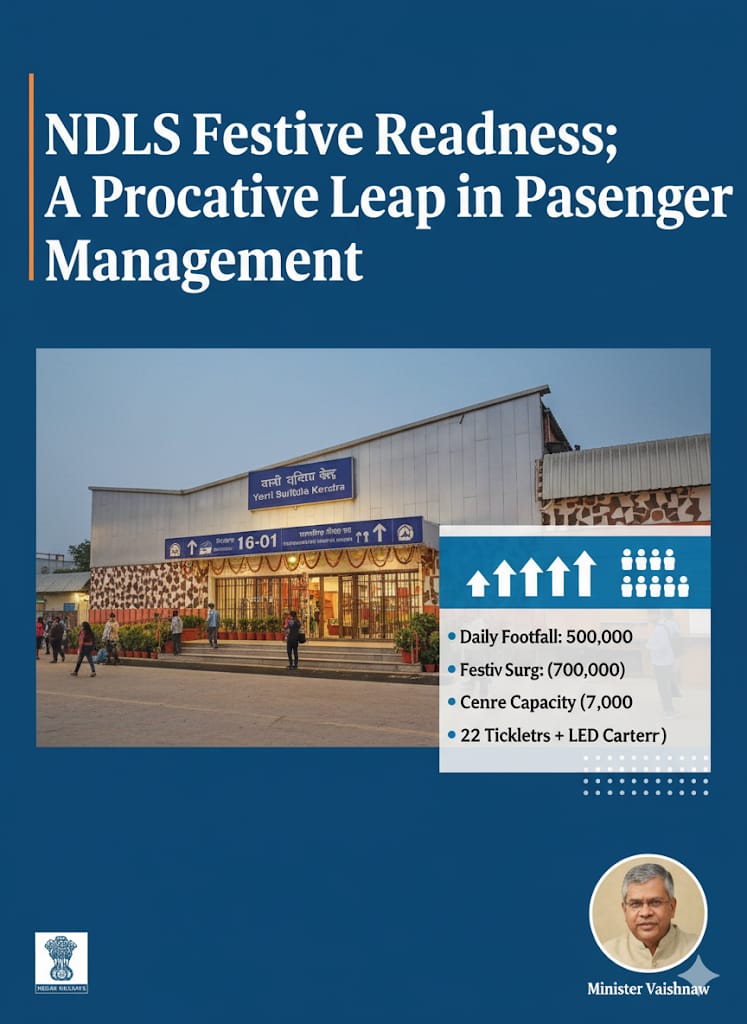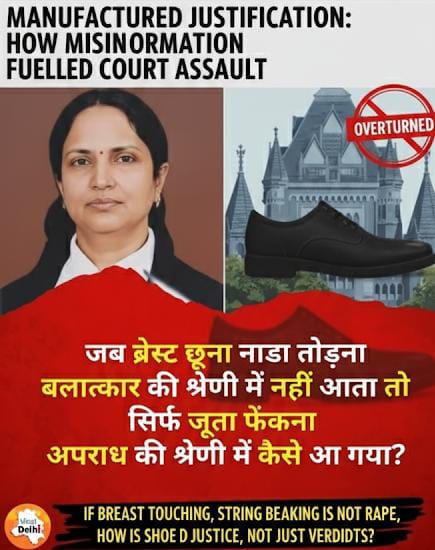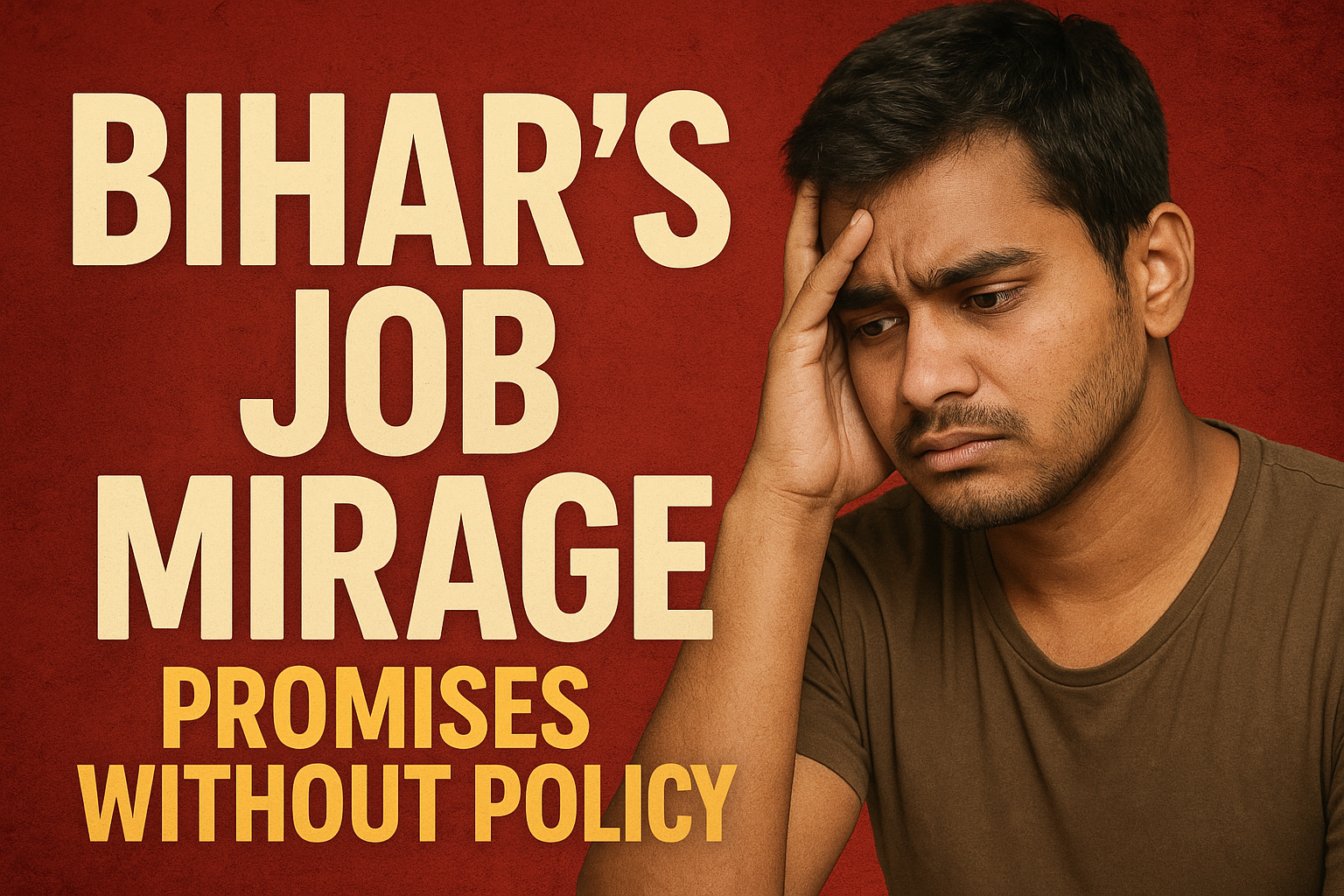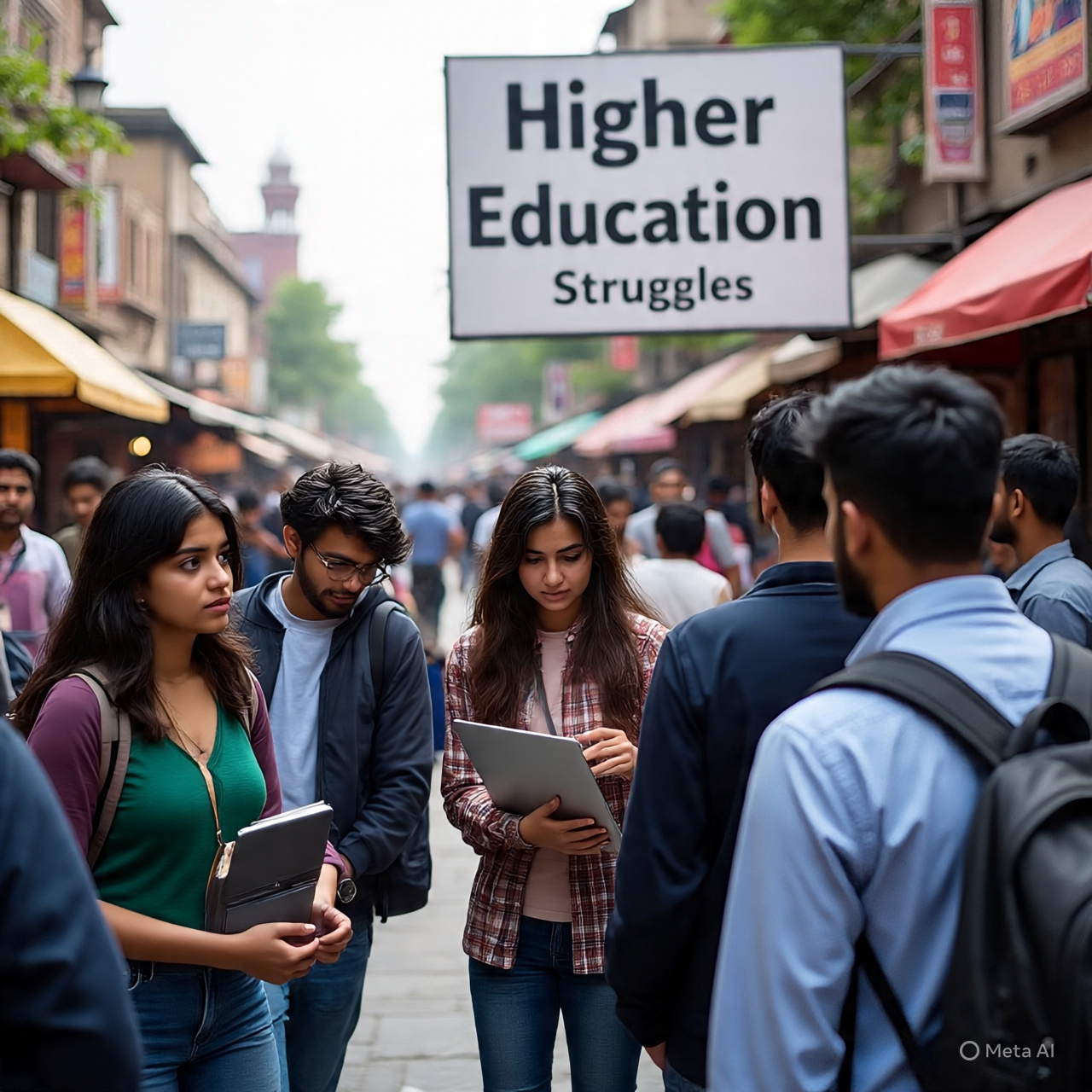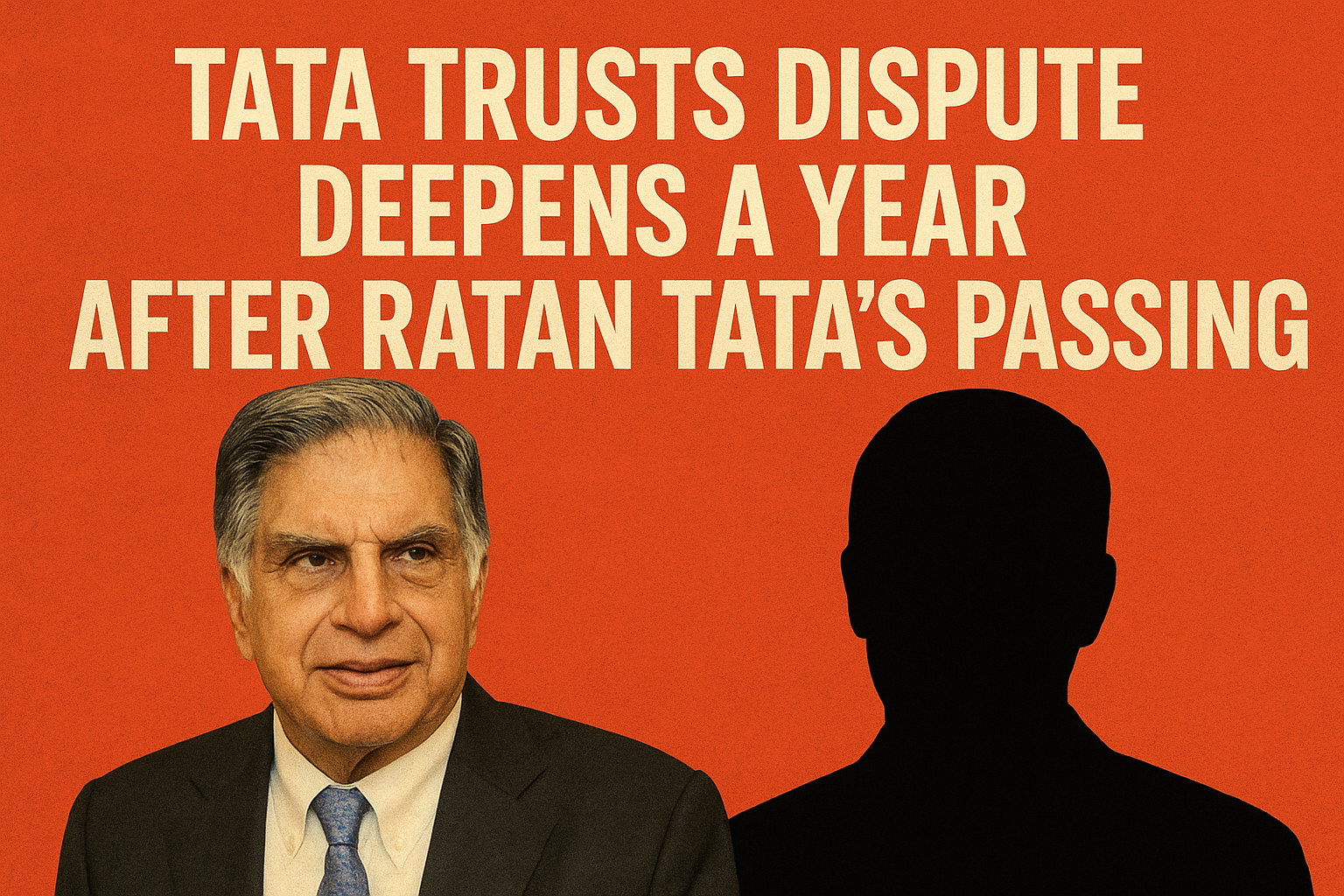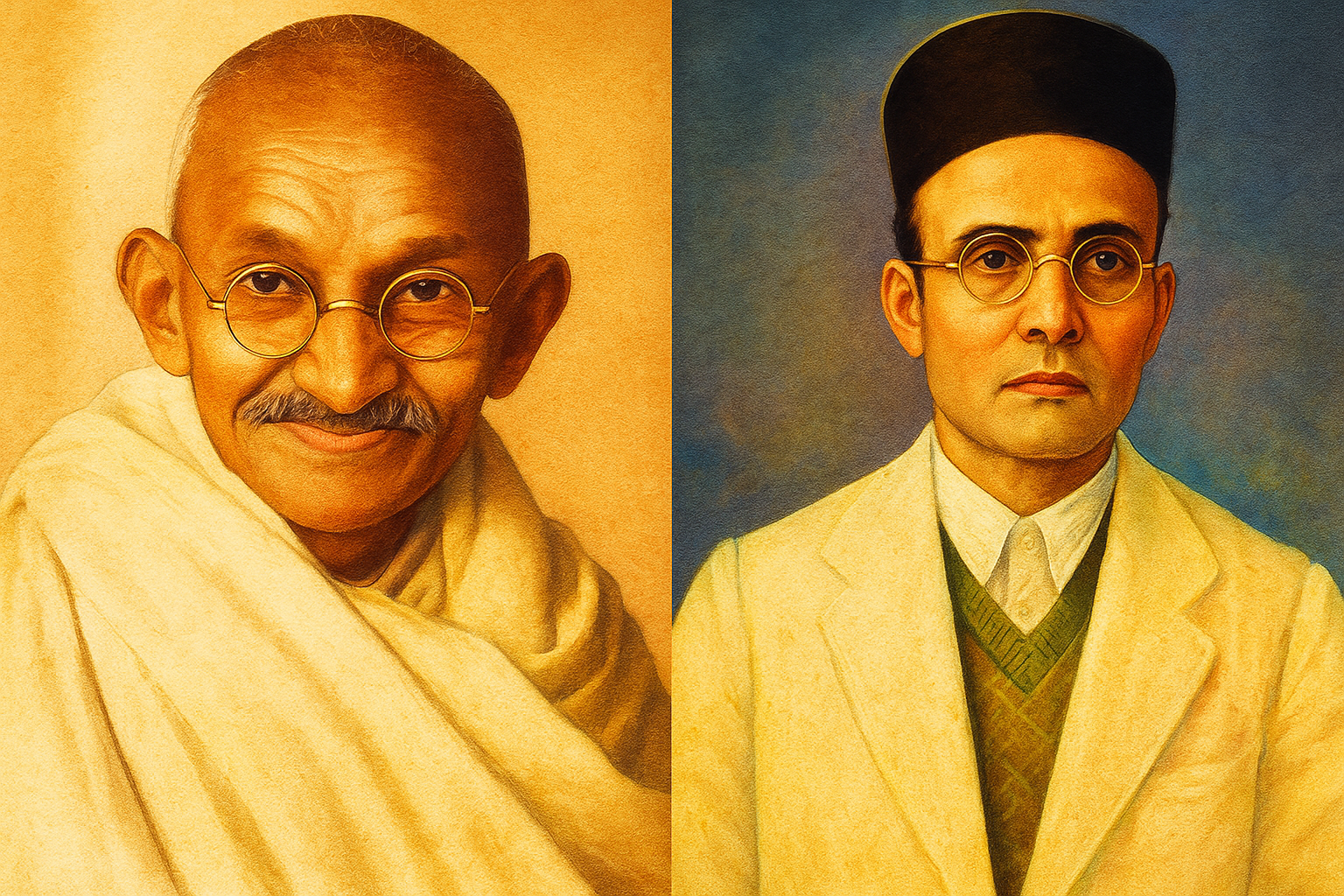
The University Grants Commission (UGC) has recently released a draft model curriculum for undergraduate political science courses. At first glance, this may sound like another academic circular, but the proposal carries something deeper. It suggests that the study of politics in India should not just be about theories and systems borrowed from the West, but also about the thoughts, struggles, and philosophies of leaders and thinkers who shaped our country.
The draft proposes both core and elective papers. Among the compulsory courses, one stands out: “Tradition of Political Thinking in Bharat.” This course intends to explore how ideas of politics and governance developed within India over centuries. Along with this, there is a discipline-specific elective on “Rajadharma Tradition in India.” General electives will also allow students to read about personalities like Vinayak Damodar Savarkar, Deen Dayal Upadhyaya, B R Ambedkar, Mahatma Gandhi, Basaveshwar, and Thiruvalluvar.
The UGC secretary, Manish Joshi, explained that these papers form part of a new Learning Outcomes based Curriculum Framework, or LOCF. The aim is to give flexibility to universities while ensuring that students get both depth and variety in their studies. Subjects like anthropology, chemistry, commerce, and history will also receive updated frameworks, but political science has drawn the most attention because of the list of leaders included.
What is Rajadharma?
One of the most interesting proposals is the elective on Rajadharma. Rajadharma literally means the duty of rulers, a concept that appears in the Vedas and ancient texts. The paper is designed to help students understand how these duties were defined and interpreted. Students will look at works like the Manusmriti, the Shukraniti, the Ramayana, the Mahabharata, and Kautilya’s Arthashastra. These are not just mythological or historical references but also sources that guided kings and ministers in questions of justice, morality, and administration.
The paper will encourage students to ask: how were rulers expected to balance personal desire and public responsibility? How did these traditions see the role of law, punishment, and welfare? By studying these ideas, students may better understand the continuity and change in Indian political thought.
Papers on Leaders and Thinkers
The other electives are built around influential figures. Each paper highlights not only the biography of a leader but also his political philosophy and its impact on society.
- On Gandhi: Students will examine his ideas of non-violence, truth, self-reliance, and community life. They will also discuss his campaigns against untouchability and his vision of social justice.
- On Ambedkar: This paper studies his fight against caste discrimination, his ideas on law, democracy, and constitutionalism, and how these remain relevant to contemporary India.
- On Savarkar: The course looks at his role in the freedom struggle, his sociopolitical writings, and his ideas of Hindutva. It will also invite students to critically engage with debates around nationalism and social reform.
- On Deen Dayal Upadhyaya: This paper highlights his philosophy of Integral Humanism and his contributions to understanding India’s social and economic order.
- On others like Basaveshwar and Thiruvalluvar: These electives bring in voices from diverse regions, reminding students that Indian political thinking has never been shaped by one tradition alone.
A Wide Range of Topics
The proposal also covers broader themes like India’s independence movement, the making of the Constitution, Panchayati Raj, and global politics. Students can take papers on women in politics, freedom struggles, or administration in modern India. In total, 18 general elective papers of four credits each are offered. This means that depending on their interests, students can design their course pathway with a balance of history, philosophy, and current issues.
Reason Behind It
Harish S Wankhede, a political science professor at Jawaharlal Nehru University, has raised an important point. He says that universities often become sites of ideological battles, where different political groups try to push their own narratives. The inclusion of certain leaders in the UGC draft, especially Savarkar and Deen Dayal Upadhyaya, has sparked debate. Some critics believe this is an attempt to align academic curricula with the political goals of the present government. They argue that education should not be used to glorify certain leaders while sidelining others.
On the other hand, supporters believe that Indian students should not depend only on Western political theories like liberalism, socialism, or Marxism to understand society. They argue that homegrown thinkers, whether Gandhi or Ambedkar, Savarkar or Basaveshwar, should also be studied seriously, even if their views were in conflict with each other. After all, democracy is about engaging with multiple perspectives, not about silencing debate.
Balancing Tradition and Modernity
The challenge, therefore, lies in balance. The study of Rajadharma or ancient texts should not become an exercise in glorifying the past uncritically. Students must also ask how relevant those ideas are in today’s world of democracy, human rights, and gender equality. Similarly, papers on leaders should encourage students to think critically. Gandhi’s vision of self-sufficient villages, for example, may inspire some, but others may question whether it fits into today’s globalized economy. Ambedkar’s insistence on caste reform may remain unfinished, reminding students of the struggles that continue. Savarkar’s writings may push them to debate nationalism, unity, and diversity.
A Space for Critical Thinking
If universities handle this curriculum carefully, it could create a space where students engage with India’s political traditions in a deeper way. Instead of memorizing definitions, they could compare how Gandhi and Ambedkar viewed the same issue differently, or how Rajadharma texts shaped rulers in ancient India compared to the expectations of leaders today.
Political science, after all, is not just about institutions or constitutions. It is about ideas, values, and struggles. When students read texts from the Arthashastra to Ambedkar’s speeches, they learn that political thinking is not static. It changes with time, with challenges, and with the courage of leaders who dare to question the order of their day.
Final Take
The UGC proposal has opened a lively debate. Should universities focus more on Indian thinkers or maintain the dominance of Western theories? Should the list of leaders be expanded to include more regional voices, including women leaders and reformers? These questions remain open.
What is clear is that by placing Indian leaders and ideas at the center of study, the proposal seeks to give students a chance to understand politics in a language closer to their own history and society. Whether one agrees or disagrees with the selection, the fact remains that young learners will now have an opportunity to engage with questions that shaped India’s past and continue to shape its present.



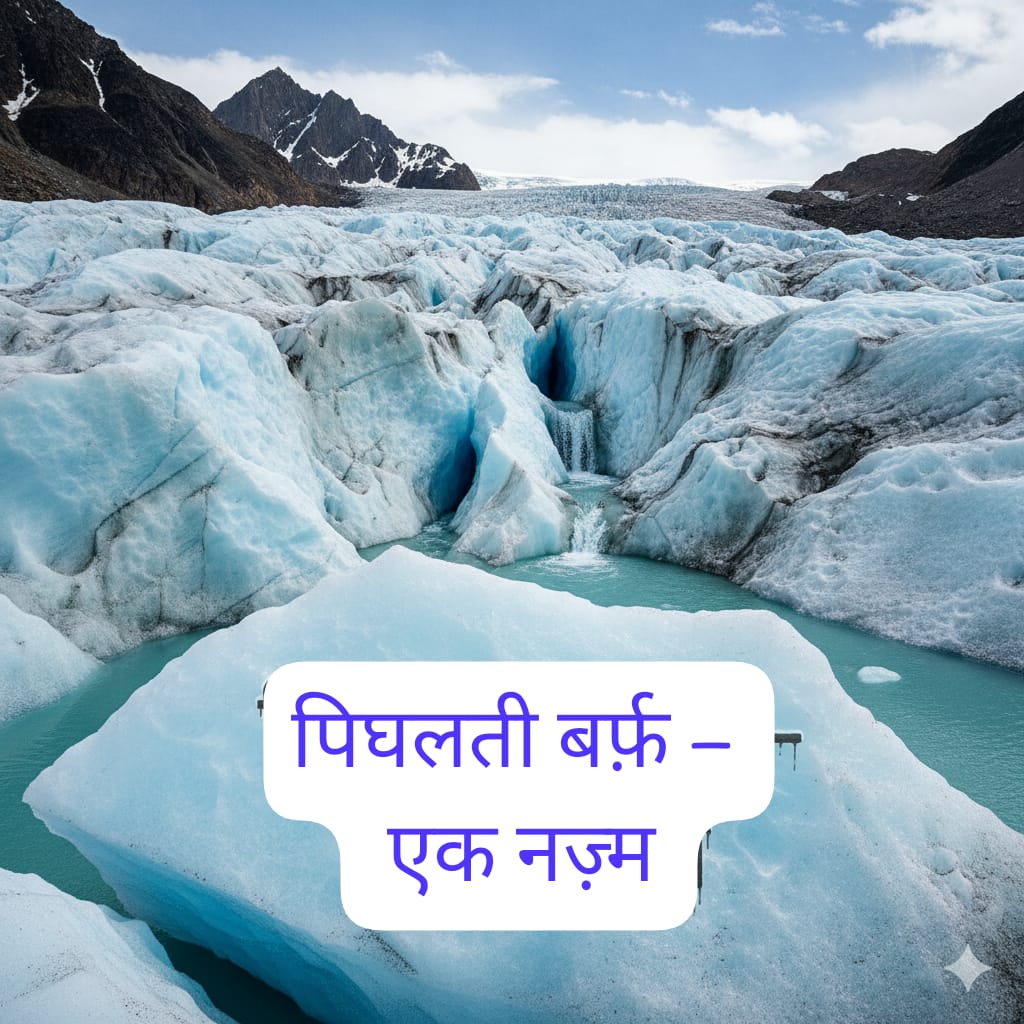
.jpeg)
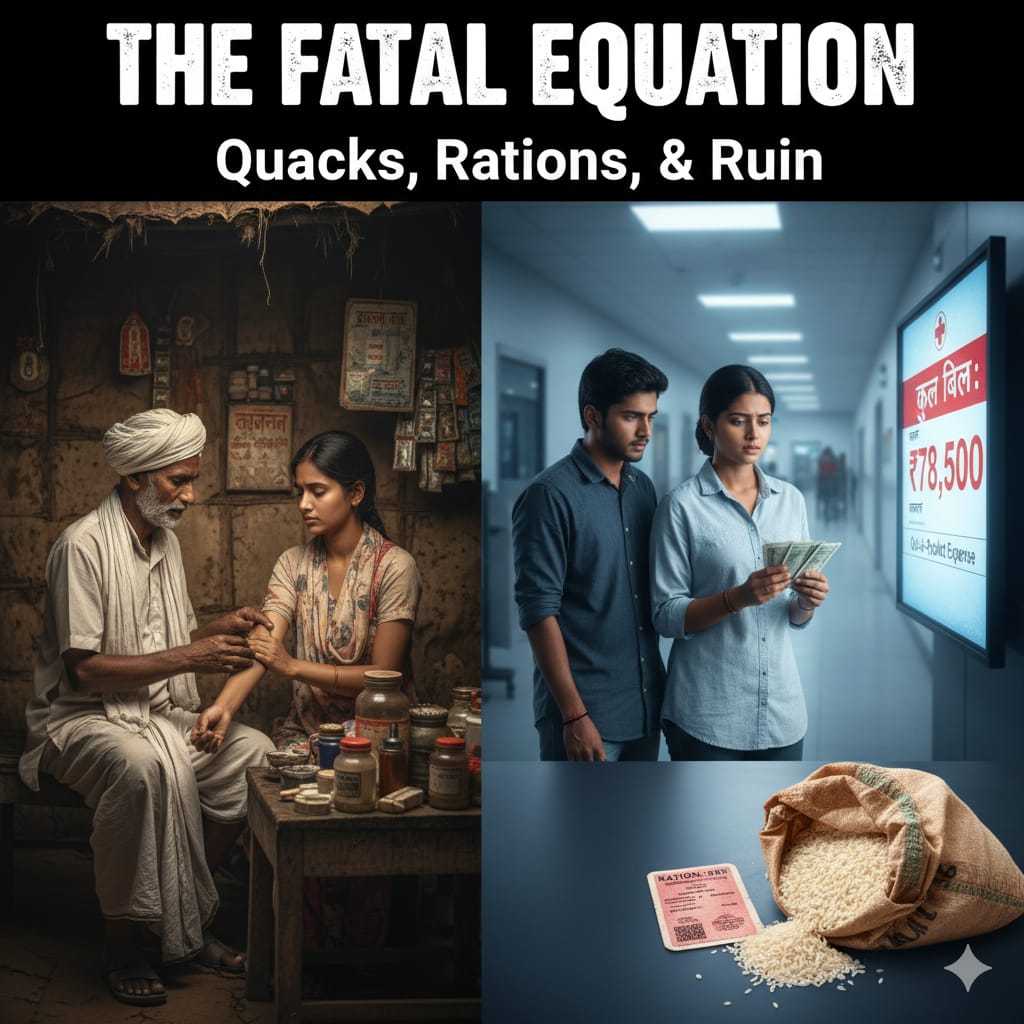
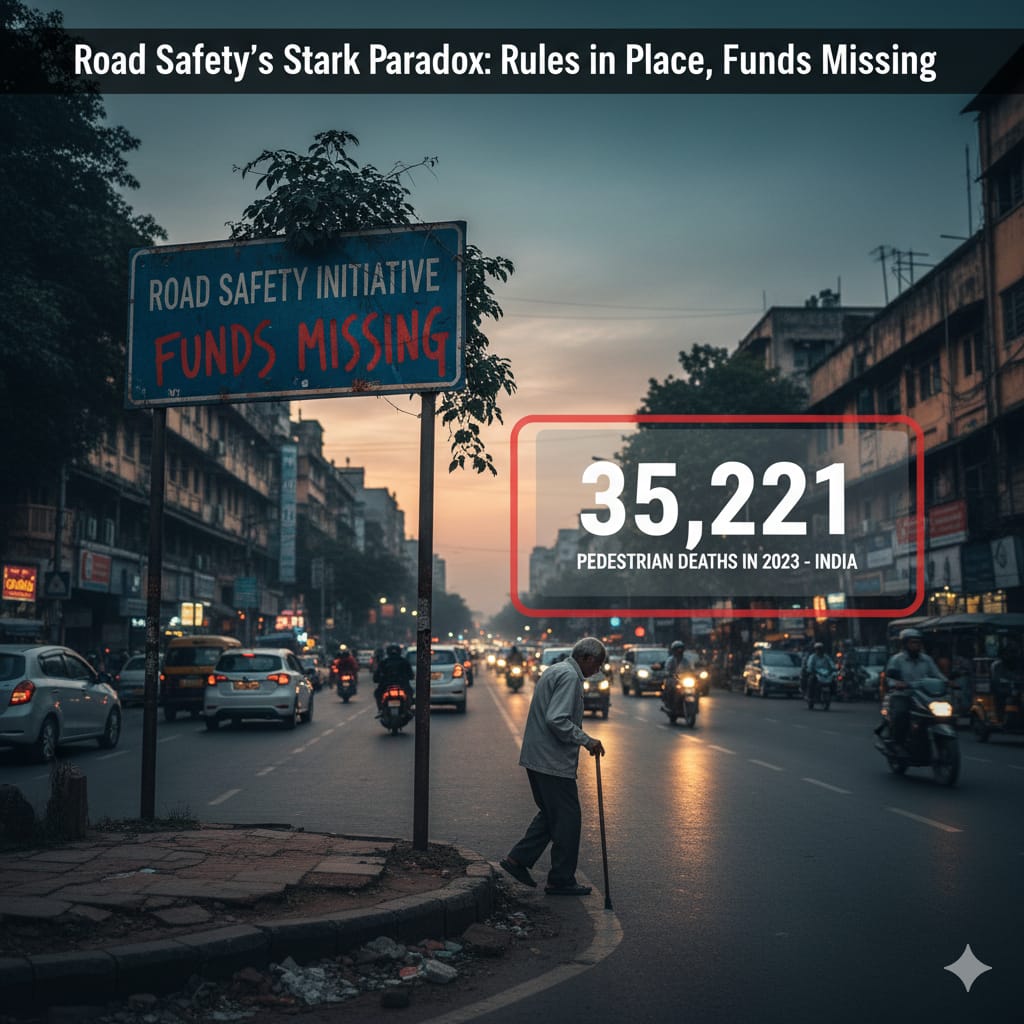
.jpeg)
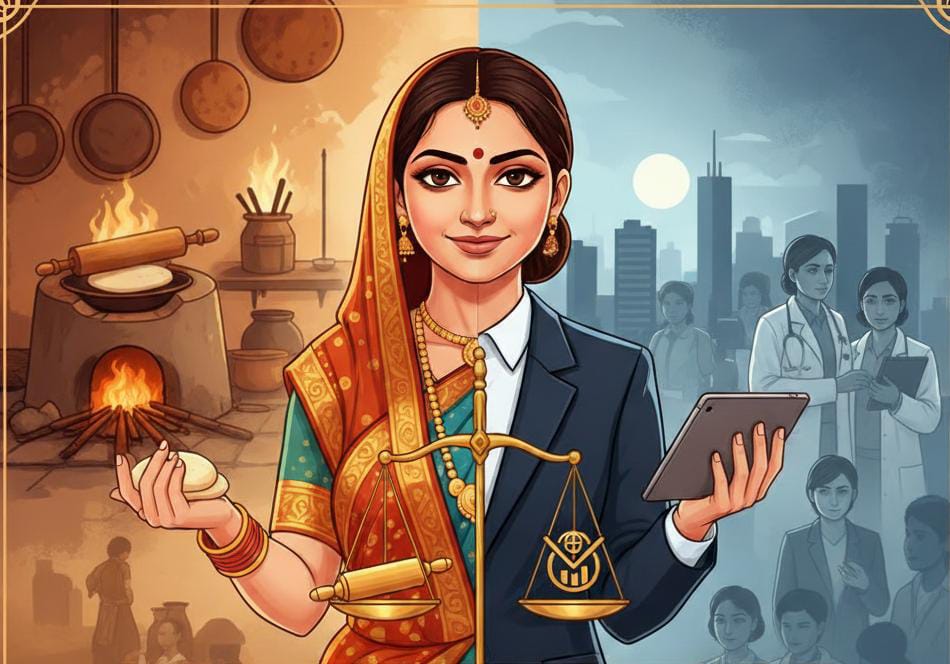
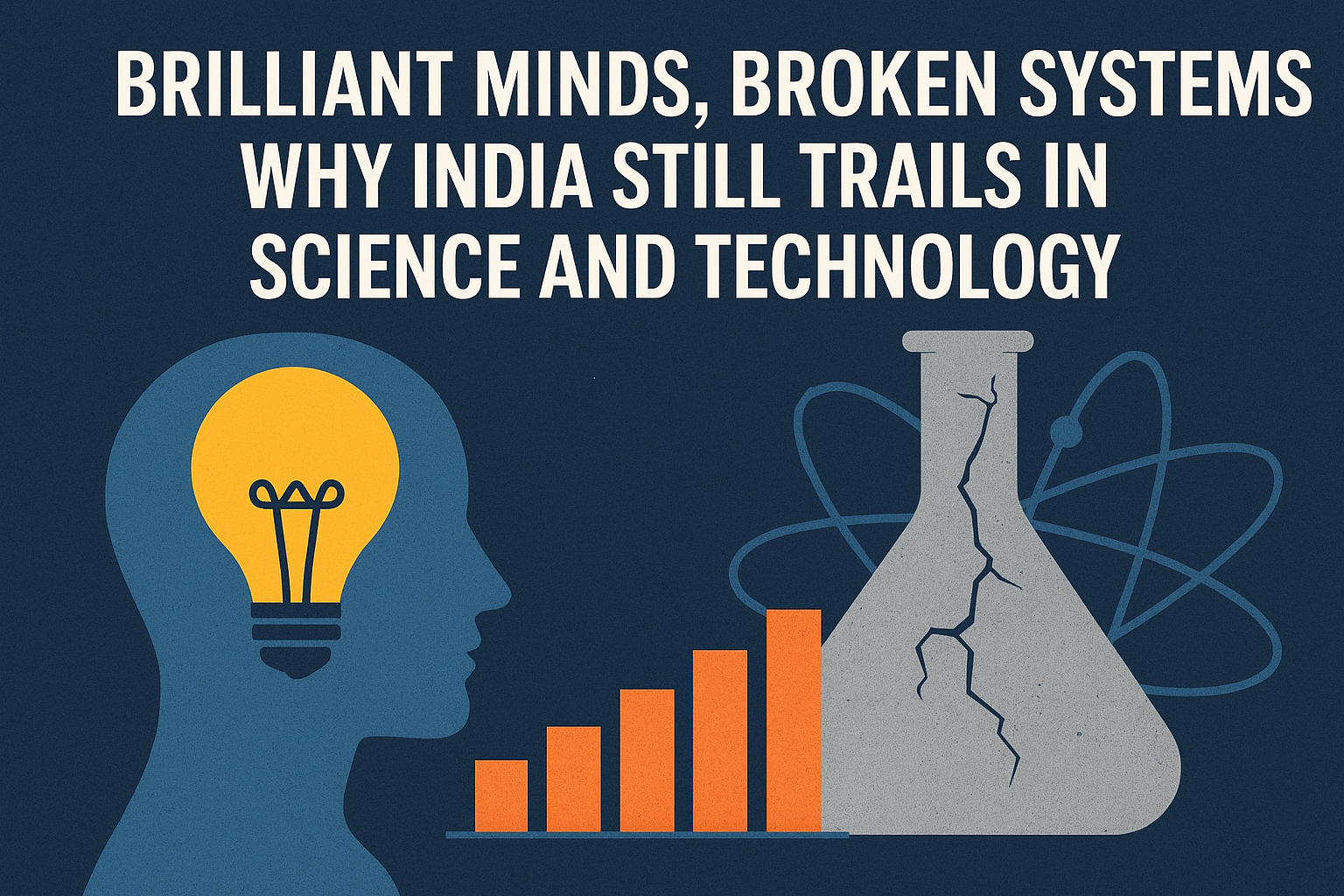


.jpeg)
